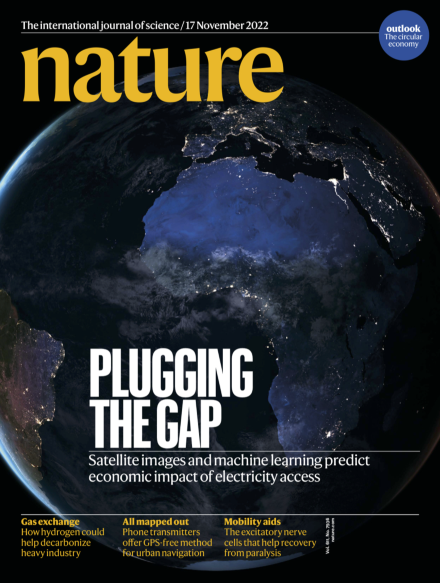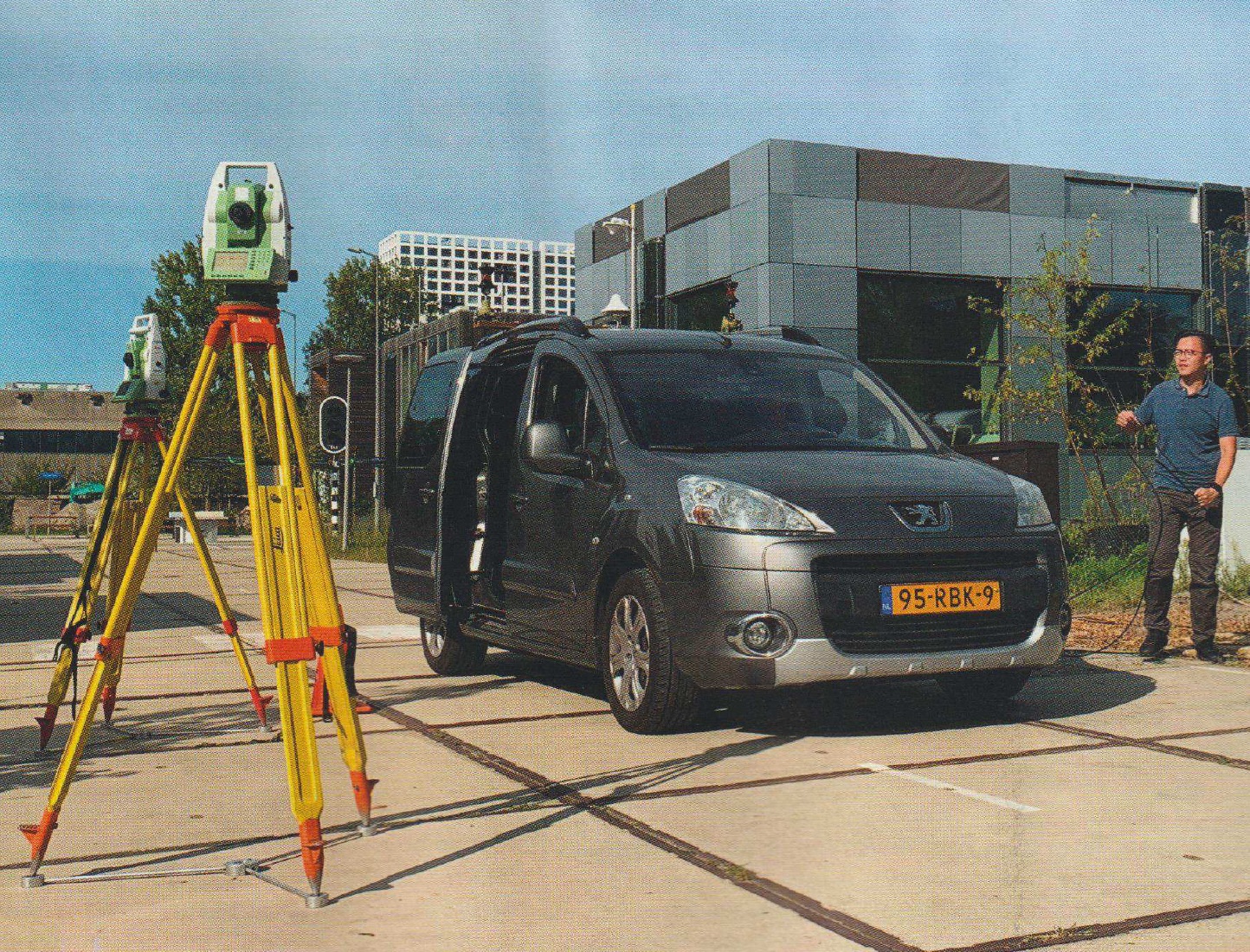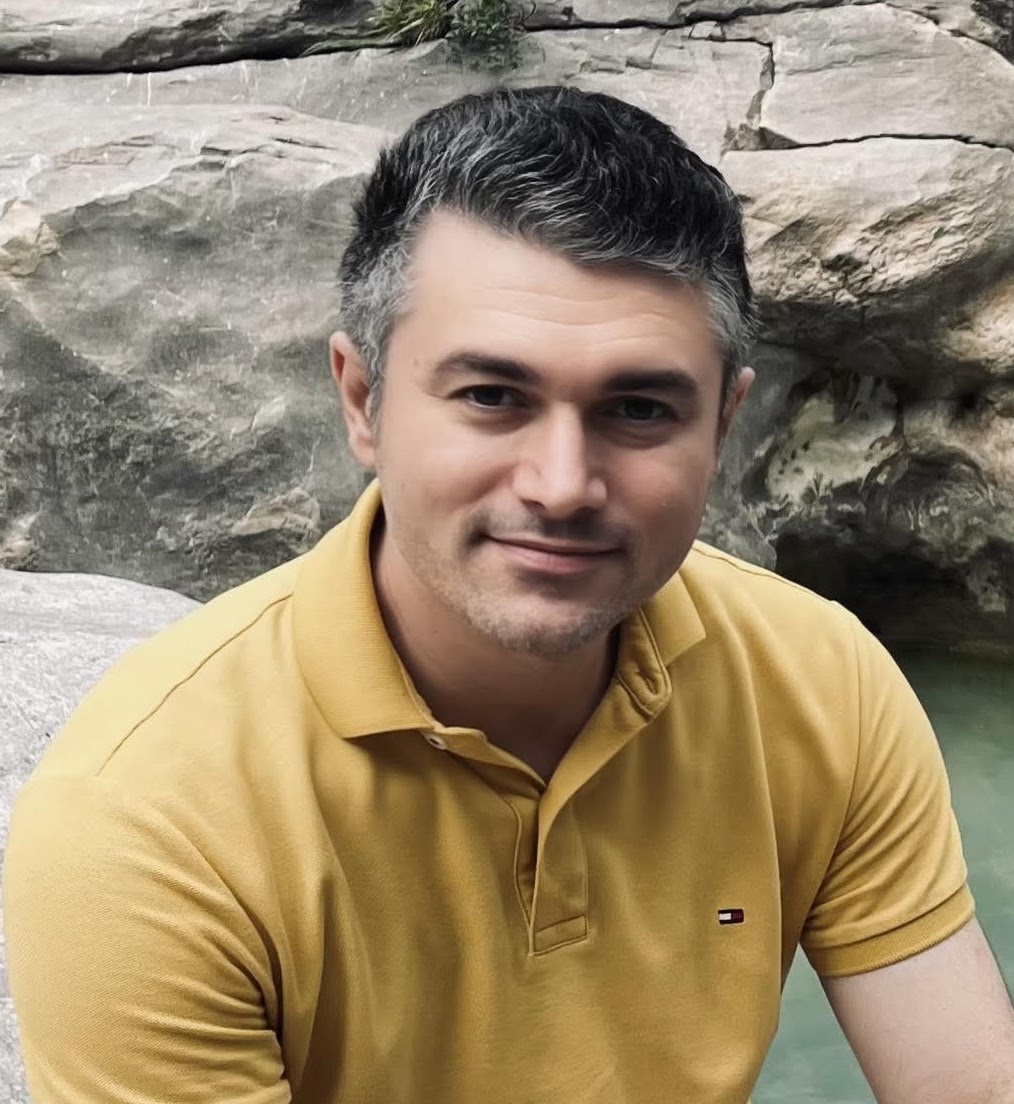News
Nature paper for Gerard Janssen
- Thursday, 17 November 2022

GPS signals are not available everywhere. Especially in urban environments, the satellites may be blocked or the signals experience multipath, leading to timing errors and inaccurate positions in areas where accuracy matters most.
In the SuperGPS project of Gerard Janssen e.a., it is shown how relatively inaccurate wireless transceivers can be networked; the use of wideband signals and carrier phase recovery techniques results in a localization accuracy at decimeter-scale or better; two orders of magnitude better than GPS in certain situations. The perspective is that such transceivers can be embedded in 4G/5G mobile communication networks (the employed protocols are compatible), such that it is relatively inexpensive to roll out this solution.
In the Nov issue of Nature, the project partners describe experimental results acquired on a testbed at The Green Village at TU Delft. An associated article provides an introduction and a perspective. The topic was also covered by IEEE Spectrum.
More ...
News
.jpg)
Third edition Microelectronics Research day
On Tuesday, 3 February, the Microelectronics department of TU Delft’s EEMCS faculty organised the third edition of its Research Day. The event showcased the department's world-leading research areas like autonomous sensor systems, next-generation sensing, and health and well-being.

Hadi Jamali Rad: new part-time Assistant Professor at SPS
Expertise: Multi-modal Generative AI, deep learning, computer vision